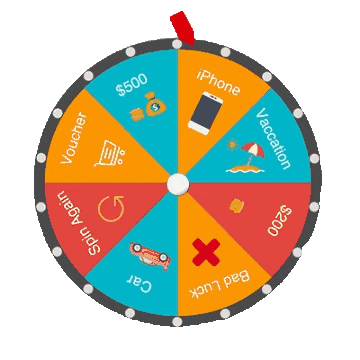The use of data in sports prediction has evolved significantly over the years. With the increasing availability of data and advancements in technology, the role of data in sports prediction has transformed from basic statistics to sophisticated strategies that rely on advanced analytics and machine learning. In this article, we will explore the various ways data is used in sports prediction and the impact it has on betting strategies and outcomes.
- Historical Data and Basic Statistics
Historical data and basic statistics have always been the foundation of sports prediction. Bettors have long relied on past performance, win-loss records, head-to-head matchups, and individual player statistics to inform their wagering decisions. While these basic statistics still play a vital role in sports prediction, the availability of more comprehensive data has expanded the possibilities for analysis and forecasting.
- Advanced Analytics
The advent of advanced analytics has revolutionized sports prediction, allowing for more in-depth analysis of data and the identification of previously hidden patterns and trends. Techniques such as regression analysis, clustering, and network analysis enable bettors to examine complex relationships between variables, providing insights into team dynamics, player performance, and game strategies.
- Machine Learning and Artificial Intelligence
Machine learning and artificial intelligence (AI) have further transformed sports prediction by automating the analysis of vast amounts of data and identifying patterns that may be difficult for humans to detect. AI-powered tools can process large data sets in real-time, enabling bettors to react to changing conditions and adjust their strategies accordingly. This has led to the emergence of dynamic prediction models that can adapt to evolving game situations and capitalize on potential opportunities.
- Real-Time Data and In-Game Predictions
Real-time data has become increasingly important in sports prediction, particularly in the context of in-game or live betting. As events unfold, bettors can use real-time data to inform their predictions and adjust their strategies based on the latest information. This enables bettors to capitalize on short-term opportunities and rapid changes in game dynamics, offering a more dynamic and engaging betting experience.
- Player and Team Performance Analysis
Data-driven player and team performance analysis has become an essential aspect of sports prediction. By leveraging data on player statistics, physical attributes, and past performances, bettors can gain insights into a team’s strengths and weaknesses, as well as potential mismatches in specific game scenarios. This information can be used to develop targeted betting strategies that exploit these opportunities.
- Social Media and Sentiment Analysis
Social media platforms have emerged as valuable sources of data for sports prediction, providing insights into team news, player updates, and public sentiment. By analyzing social media data, bettors can gauge public opinion and sentiment, which can influence betting lines and provide potential opportunities for value bets.
- Risk Management and Portfolio Optimization
Data-driven approaches to sports prediction have also emphasized the importance of risk management and portfolio optimization. By analyzing historical data and using predictive models, bettors can identify potential risks and adjust their betting strategies to minimize exposure to these risks. This approach can help bettors maintain a balanced and diversified betting portfolio, maximizing their potential returns while minimizing risk.
In conclusion, the role of data in sports prediction has evolved significantly over the years, with advancements in technology and analytics transforming the way bettors approach the game. From basic statistics to sophisticated strategies that rely on machine learning and real-time data, the use of data in sports prediction has become an indispensable aspect of modern sports betting, enabling bettors to make more informed decisions and optimize their strategies for success.



